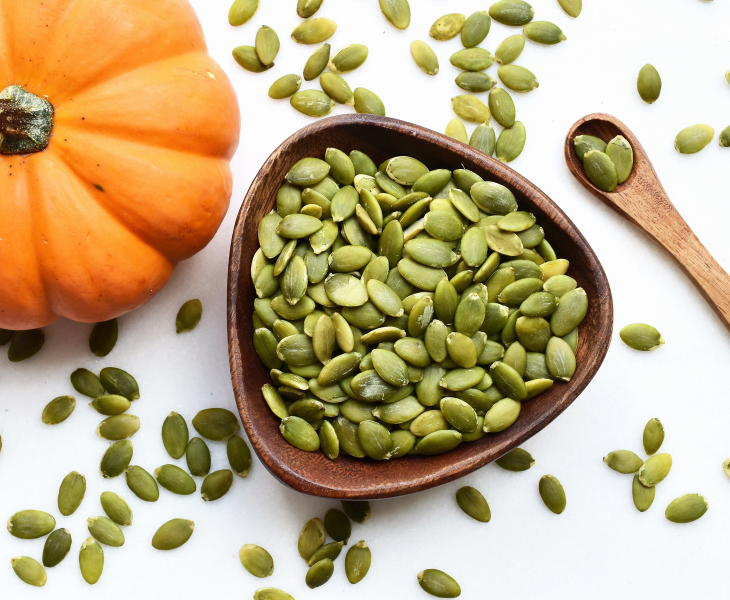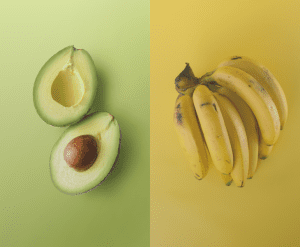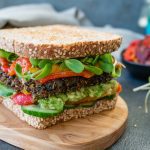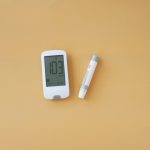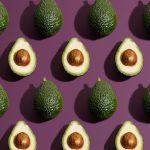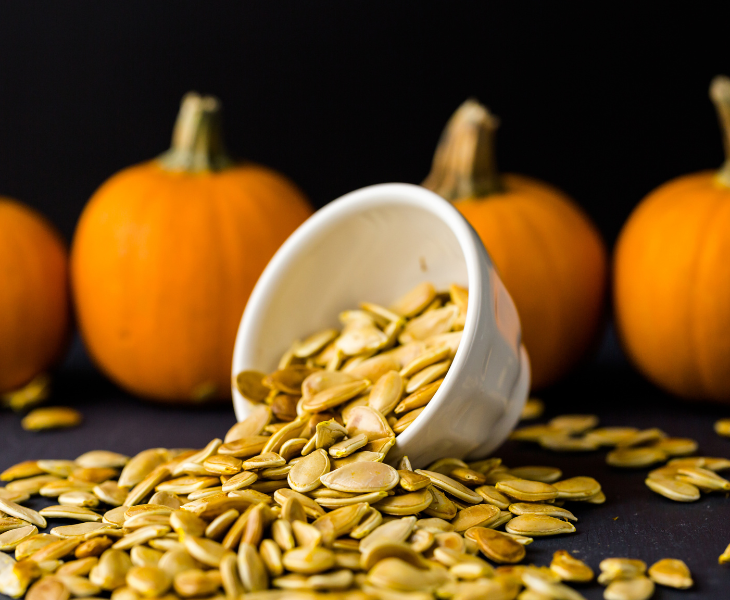
Are You Getting the Most Out of Your Snacks?
When you reach for a snack, do you consider the health benefits of what you’re eating? Many of us overlook the small yet mighty pumpkin seeds, which are packed with nutrients that can make a big difference in our health. But are you making the most of this superfood in your daily diet?
What Makes Pumpkin Seeds So Nutrient-Dense?
It is also known as pepitas, and it is more than just a crunchy snack. These seeds are loaded with essential nutrients that contribute to overall well-being. Let’s take a closer look at what makes it a nutritional powerhouse.
Rich in Essential Nutrients
Pumpkin seeds are a rich source of magnesium, zinc, iron, and copper. These minerals play crucial roles in various bodily functions, from supporting immune health to maintaining healthy bones. For instance, a quarter-cup serving of it provides nearly 50% of the recommended daily intake of magnesium, which is vital for muscle and nerve function, blood sugar control, and blood pressure regulation.
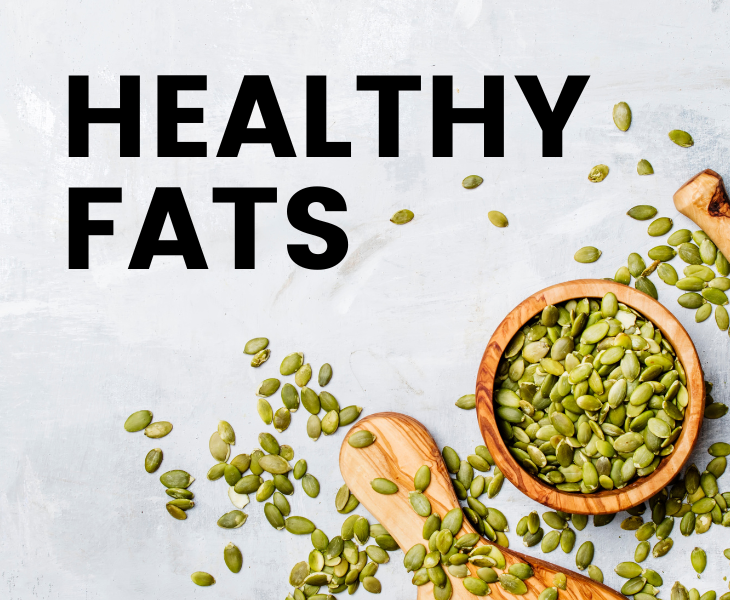
High in Healthy Fats
While the word “fat” often carries a negative connotation, it’s important to remember that not all fats are created equal. Pumpkin seeds are high in heart-healthy unsaturated fats, including omega-3 and omega-6 fatty acids. These fats are essential for brain health and can help reduce inflammation in the body.
Protein-Packed
For those looking to increase their protein intake, they are an excellent choice. Just a small serving can provide a significant protein boost, making them a great addition to a vegetarian or vegan diet. Protein is essential for repairing tissues, building muscle, and maintaining a strong immune system.
How Can Pumpkin Seeds Benefit Your Health?
Now that we’ve established the nutrient profile of pumpkin seeds, let’s explore how they can improve your health.
Promotes Heart Health
The combination of magnesium, healthy fats, and antioxidants in pumpkin seeds makes them excellent for heart health. These nutrients work together to reduce blood pressure, lower bad cholesterol levels, and improve overall cardiovascular function. Incorporating it into your diet can be a simple way to support a healthy heart.
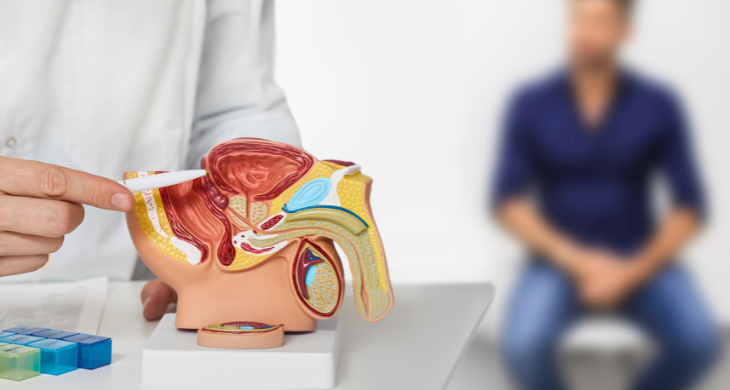
Supports Prostate Health
For men, pumpkin seeds are particularly beneficial for prostate health. They are rich in zinc, which is crucial for maintaining a healthy prostate and reducing the risk of prostate enlargement. Studies have shown that pumpkin seed oil may help alleviate symptoms of benign prostatic hyperplasia (BPH), a condition that causes the prostate gland to enlarge.
Boosts Immune System
A strong immune system is essential for fighting off infections and staying healthy. Pumpkin seeds are packed with zinc and iron, both of which are vital for immune function. Zinc, in particular, is known for its ability to reduce the duration of colds and other respiratory infections.
Improves Sleep Quality
If you struggle with getting a good night’s sleep, pumpkin seeds might be the solution you’ve been looking for. They contain tryptophan, an amino acid that the body converts into serotonin, which is then converted into melatonin, the hormone responsible for regulating sleep. Consuming it a few hours before bed can help improve sleep quality and duration.
Easy Ways to Incorporate Pumpkin Seeds into Your Diet
You don’t have to eat pumpkin seeds straight out of the bag to enjoy their benefits. Here are some easy and delicious ways to incorporate them into your daily meals.
Add to Salads
Sprinkle pumpkin seeds on top of your salads for a crunchy texture and a nutrient boost. They pair well with leafy greens, fruits, and vinaigrettes.
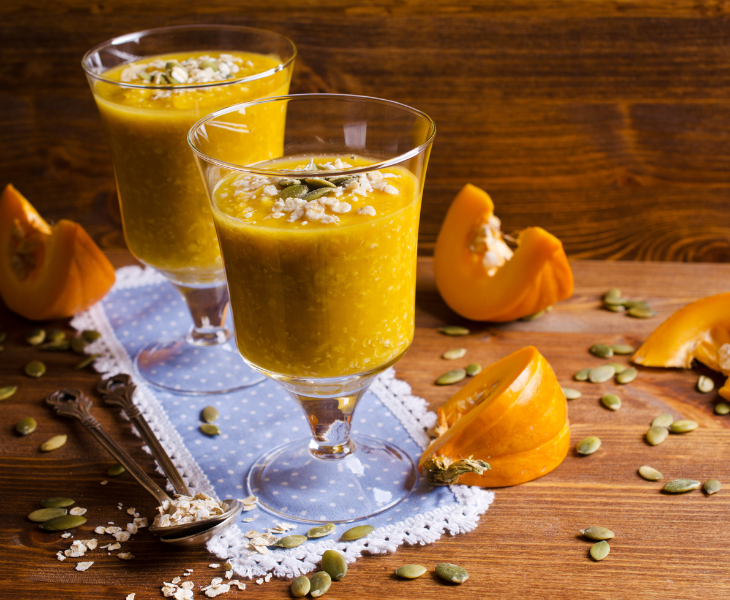
Mix into Smoothies
Blend a handful of pumpkin seeds into your morning smoothie for an extra dose of protein and healthy fats. They blend well with fruits, vegetables, and yogurt.
Use as a Topping for Yogurt or Oatmeal
Pumpkin seeds make an excellent topping for yogurt or oatmeal. They add a satisfying crunch and a nutty flavor that complements both sweet and savory dishes.
Bake into Bread or Muffins
For a creative twist, try adding it to your homemade bread or muffin recipes. They add texture and enhance the nutritional value of your baked goods.
Potential Risks and Considerations
While pumpkin seeds are generally safe for most people, there are a few considerations to keep in mind.
Caloric Density
Pumpkin seeds are calorie-dense, so it’s important to enjoy them in moderation, especially if you’re watching your weight. A small handful a day is usually enough to reap the health benefits without overdoing it on calories.
Allergies
Though rare, some people may have an allergy to pumpkin seeds. If you experience any adverse reactions, such as itching, swelling, or difficulty breathing after consuming them, seek medical attention immediately.
Where to Buy High-Quality Pumpkin Seeds
When purchasing pumpkin seeds, it’s important to choose high-quality, organic seeds whenever possible. Look for seeds that are raw or dry-roasted without added oils or salts. You can find it at most health food stores, supermarkets, and online retailers. Always check the label to ensure you’re getting a pure product without unnecessary additives.
Conclusion: Are You Ready to Boost Your Health with Pumpkin Seeds?
Incorporating pumpkin seeds into your diet is an easy and delicious way to improve your health. With their impressive nutrient profile and numerous health benefits, these small seeds pack a powerful punch. Whether you enjoy them as a snack, in your meals, or as a topping, it can be a valuable addition to your diet.
Call to Action: Start reaping the benefits of pumpkin seeds today! Try adding them to your favorite recipes or enjoy them as a snack. If you’re interested in learning more about how to improve your diet with superfoods, check out this comprehensive guide on super seeds.
Authoritative Links:
- For more information on the health benefits of pumpkin seeds, visit the Harvard T.H. Chan School of Public Health.
- Learn more about how magnesium supports your health on the National Institutes of Health website.

